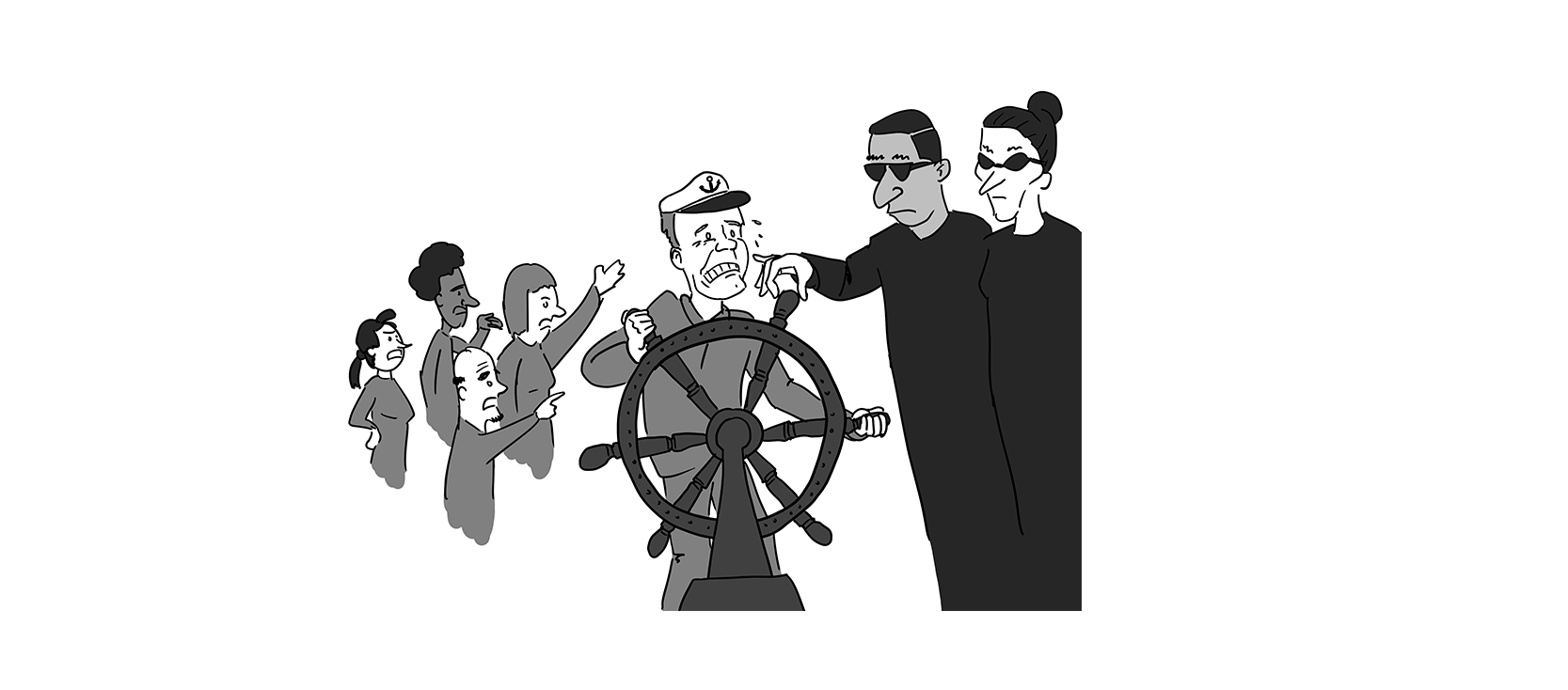A botched experiment, a rejected paper: such things are soon labelled as failures in academia. As for talking about them — not the done thing! But that is just what WUR scientists do in this column. Because failure has its uses. This time, it’s Water Technology & Metropolitan Solutions professor Adriaan Mels.
‘I was appointed to a chair in Environmental Technology this year and I coordinate a research group. I’ve had to learn over the years how to manage professionals, with the inevitable failures along the way.
In the end, I had to tell my team it wasn’t possible. That was a real blow to their trust in me as a manager.
My first managerial position, a long time ago, was a big jump. I went from being a member of a small, egalitarian team to manager of that same team. As one of the managers, I had to defend the board’s decisions but at the same time I felt loyalty towards my former co-workers. I felt trapped between my team and the management.
‘That became evident for example when the management decided to revise the employment terms & conditions. Individual agreements were replaced by a uniform policy. When I told my team about this, there was a lot of resistance. That wasn’t surprising because some team members would lose out in the long run. I could understand their misgivings so I suggested perhaps some exceptions could be made. That was a mistake. It was going against the decision taken by the board and so I couldn’t make good on my promise. In the end, I had to tell my team it wasn’t possible. That was a real blow to their trust in me as a manager.
‘Something similar happened when a new IT system was introduced. I went too far in trying to accommodate my team’s objections, even though the decision had already been taken. I see those incidents as failures. I didn’t set a clear direction with respect to my team or the management. It was only later that I learned in a training course how you can deal with resistance as a manager. Let people express their emotions, but stick to your position. It’s also important to involve people in decisions from an early stage to create broad support. I still apply those lessons. I schedule time for one-on-one chats and I prioritize open communication and clear-cut agreements with my team. My mistakes then have helped me become a better manager now.’

 Illustration Stijn Schreeven
Illustration Stijn Schreeven 

